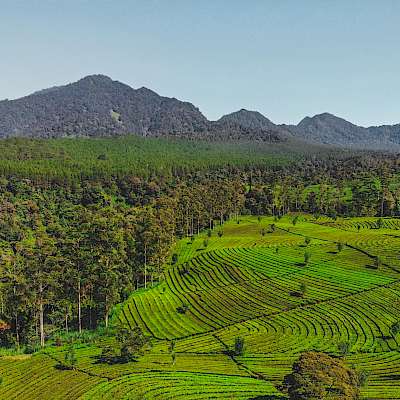Agriculture is the main threat to 86% of the 28,000 species known to be at risk of extinction, according to the new report from Chatham House, supported by UNEP and Compassion in World Farming. The report identifies three levers to change that need to be actioned together - reducing demand for meat and dairy, how we farm and how much land we protect.
The report says to reduce demand, there needs to be more focus more on the health benefits of a sustainable diet with less meat and dairy and more plant proteins and vegetables, which would help alleviate the disproportionate impact that livestock agriculture has on biodiversity, land use and carbon emissions. Find the full report here
Protecting more land from conversion will help restore habitats and increase biodiversity and changing the way we farm, using nature friendly farming practices, will boost soil health and reduce our footprint on the planet. Speaking at the webinar to launch the report were Professor Tim Benton and Philip Lymbery of Compassion.
Professor Tim Benton, one of the authors of the report said:
“We need a mindset change to recognise that food is a system and needs a holistic approach. We need to make the system more efficient, by changing the demand function, eating less meat and processed food and more plant-based products. Food is integral to making people healthier and to lowering our footprint on the land.”
Philip Lymbery, Global Chief Executive of Compassion in World Farming, said
“The future of farming must be nature-friendly and regenerative, and our diets must become more plant-based, healthy and sustainable. Without ending factory farming, we are in danger of having no future at all.”
